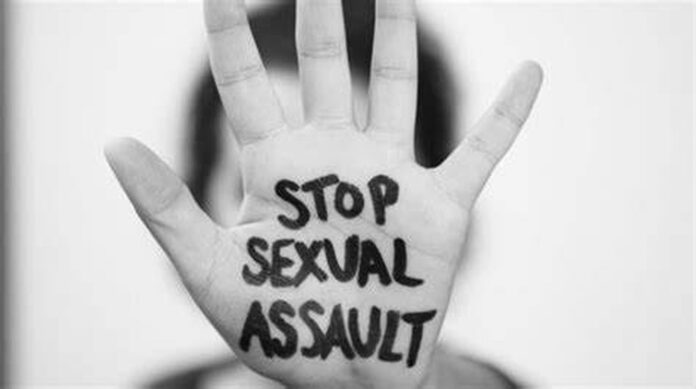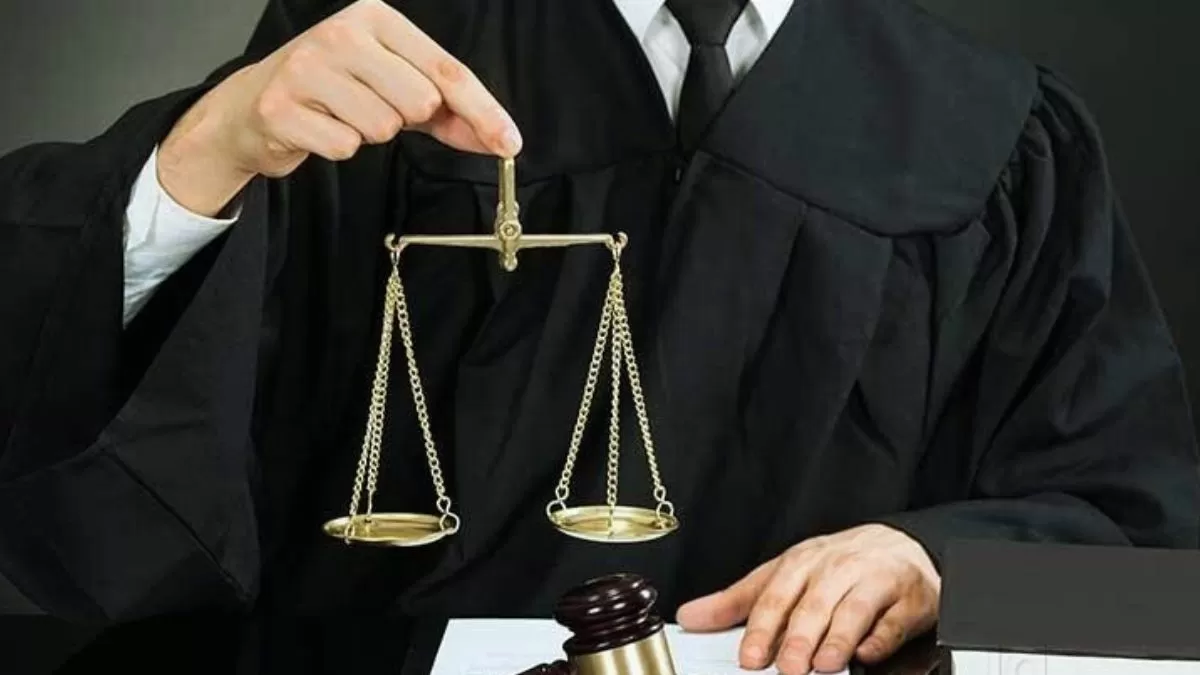Sexual assault, by definition, refers to any non-consensual sexual act imposed on an individual, a crime that fundamentally violates a person’s rights and dignity.
It extends from unwanted touching to forced sexual intercourse, making it a broad spectrum of activities with traumatizing implications. Although it can happen to anyone, the majority of victims historically are women and girls, which makes it an urgent and insistent issue to address in our societies.
The fight against sexual assault is not limited to the victims or women alone; it is a significant concern that calls for collective responsibility. Men’s involvement in preventing sexual assaults brings a transformative shift in this battle.
Their role as allies and advocates can serve as a powerful tool; enabling men to acknowledge their responsibilities, speak out against sexual assault, and intervene in situations that perpetuate harm.
As allies, they can inform, support, and stand in solidarity with the victims. As advocates, they can use their positions and influence to challenge the societal norms that perpetually remain at the root of sexual violence.
An Overview of Sexual Assault

An important first step in understanding sexual assault is debunking the myths surrounding it. Many misconceptions cloud the reality of these crimes, largely due to societal biases and certain entrenched preconceptions.
One frequently encountered myth is that sexual assault only happens in dark corners or isolated places. In reality, however, the victim often personally knows the perpetrator and the assault often occurs within familiar surroundings.
Sexual assault isn’t limited to physical coercion but also includes acts where consent cannot be freely given, such as when a person is under the influence. Consulting with a sexual assault attorney can help clarify the definitions under law and refute myths surrounding sexual assault.
Broadening the understanding of what constitutes sexual assault and knowing its prevalence helps in answering the call to prevention.
Sexual assault encompasses a range of behaviors from nonconsensual touching, sexual harassment, to rape. It’s important to confront these varying degrees of assault, as minimizing ‘less aggressive’ forms may inadvertently perpetuate harmful behaviors.
In terms of statistics, the World Health Organization estimates that 35% of women worldwide have experienced either physical and/or sexual intimate partner violence or non-partner sexual violence in their lifetime. However, these numbers only provide a glimpse into the true magnitude of the problem, as many cases remain unreported due to fear, stigma, or lack of confidence in the justice system.
The Role of Men in Preventing Sexual Assault

Our cultural and societal norms play a significant role in shaping the nature of sexual assault. These norms often reinforce gender inequality and downplay the severity of such violence, contributing to a culture of acceptance rather than prevention.
Society’s narratives often inaccurately portray sexual assault as a mere result of miscommunication or misunderstanding, downplaying the victim’s experiences and allowing harmful behaviours to persist with few consequences. This impacts the way victims are treated, resulting in further harm and trauma.
Toxic Masculinity
More concerning is the influence of toxic masculinity in perpetuating sexual assault. Toxic masculinity propagates harmful gender norms with concepts like the dismissal of consent, objectification of women, and the harmful “boys will be boys” mentality. It creates a culture that implicitly tolerates and even promotes instances of sexual violence.
Men have a substantial responsibility to challenge these toxic narratives. By respecting boundaries, understanding and advocating for consent, and calling out harmful behaviors in peers, men can contribute significantly to changing these harmful norms.
This commitment to change extends beyond just personal actions, requiring men to also challenge societal norms and institutional practices that support sexual violence, working towards a safer society for all.
Men as Allies in Preventing Sexual Assault
There are several steps men can take to become active allies in the fight against sexual assault. Becoming educated about consent is the first and most vital step. Understanding that anything other than a clear, unambiguous “yes” is not permission means promoting respect and respecting boundaries.
Challenging sexist behavior is another responsibility to adopt. It means not laughing at sexist jokes, correcting inappropriate comments, and not perpetuating harmful stereotypes.
Finally, supporting survivors of sexual assault speaks to empathy and understanding. It means listening, believing, and supporting survivors without judgment. Such actions are genuinely transformative and validate survivors’ experiences while also discouraging the culture of victim-blaming.
Men as Advocates in Challenging the Culture of Sexual Assault

Advocacy amplifies the voices that call for accountability, respect, and justice. Advocacy can challenge the status quo, push for needed reforms, and steer societal norms towards a culture of strict non-tolerance for any form of sexual assault.
Men, who traditionally hold more societal power, can particularly be potent advocates, amplifying the message and prompting actions that reform harmful norms and practices.
Men can become advocates in various ways. First, by mobilizing other men to join the cause against sexual assault. This might involve leading discussions, forming alliances, or organizing campaigns that challenge traditional masculine norms that contribute to sexual violence.
Secondly, men can advocate for policy changes—whether in workplaces, schools, or within legislative processes—that will strengthen measures to prevent sexual assault and protect victims. Thirdly, men can increase awareness and education about sexual assault, helping to dispel common myths and misconceptions, emphasize the importance of consent, and highlight the insidious impact of sexual assault.
Men’s involvement as allies and advocates is integral to preventing sexual assault and fostering safer societies. Challenging cultural norms, supporting survivors, advocating for policy changes, and raising awareness are all steps in the right direction. We strongly encourage continued growth and responsibility in these roles as they hold the potential to bring about significant, lasting change.






